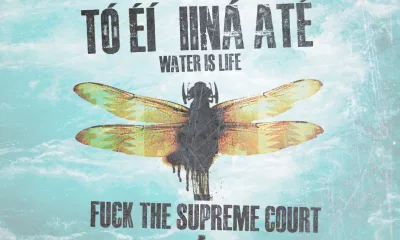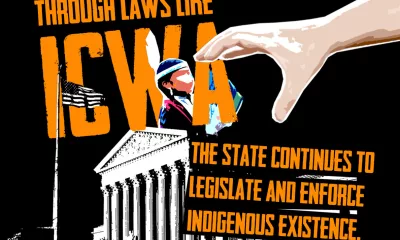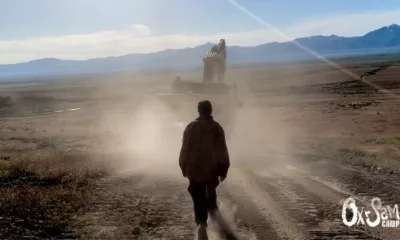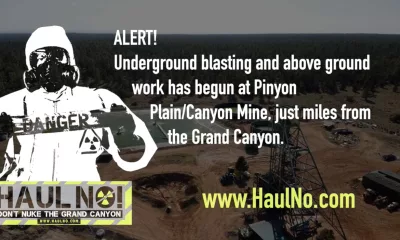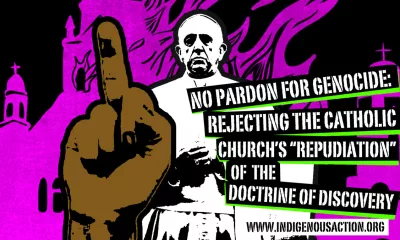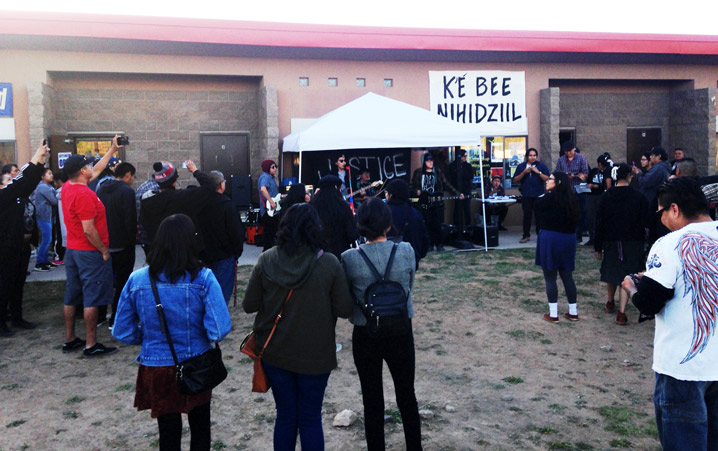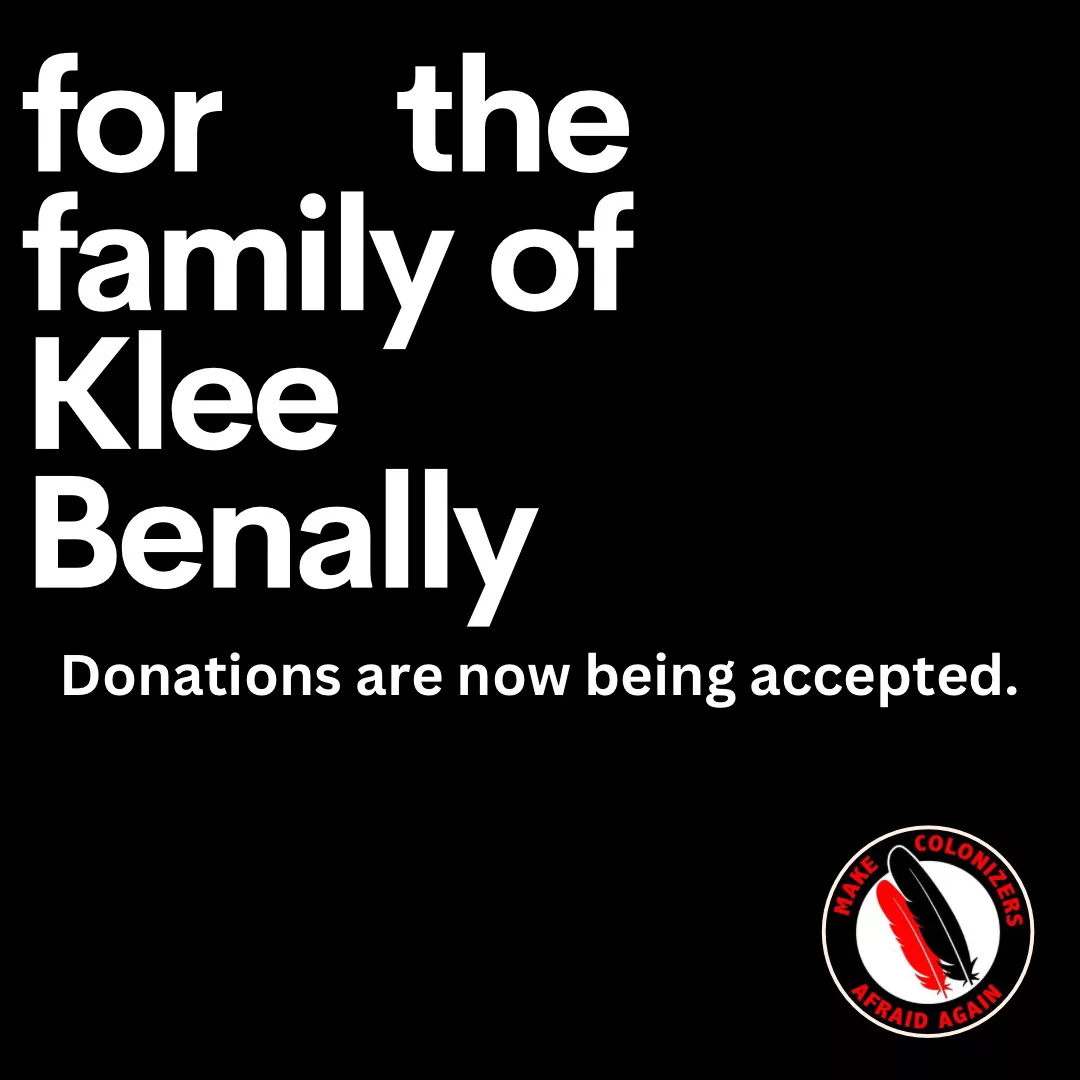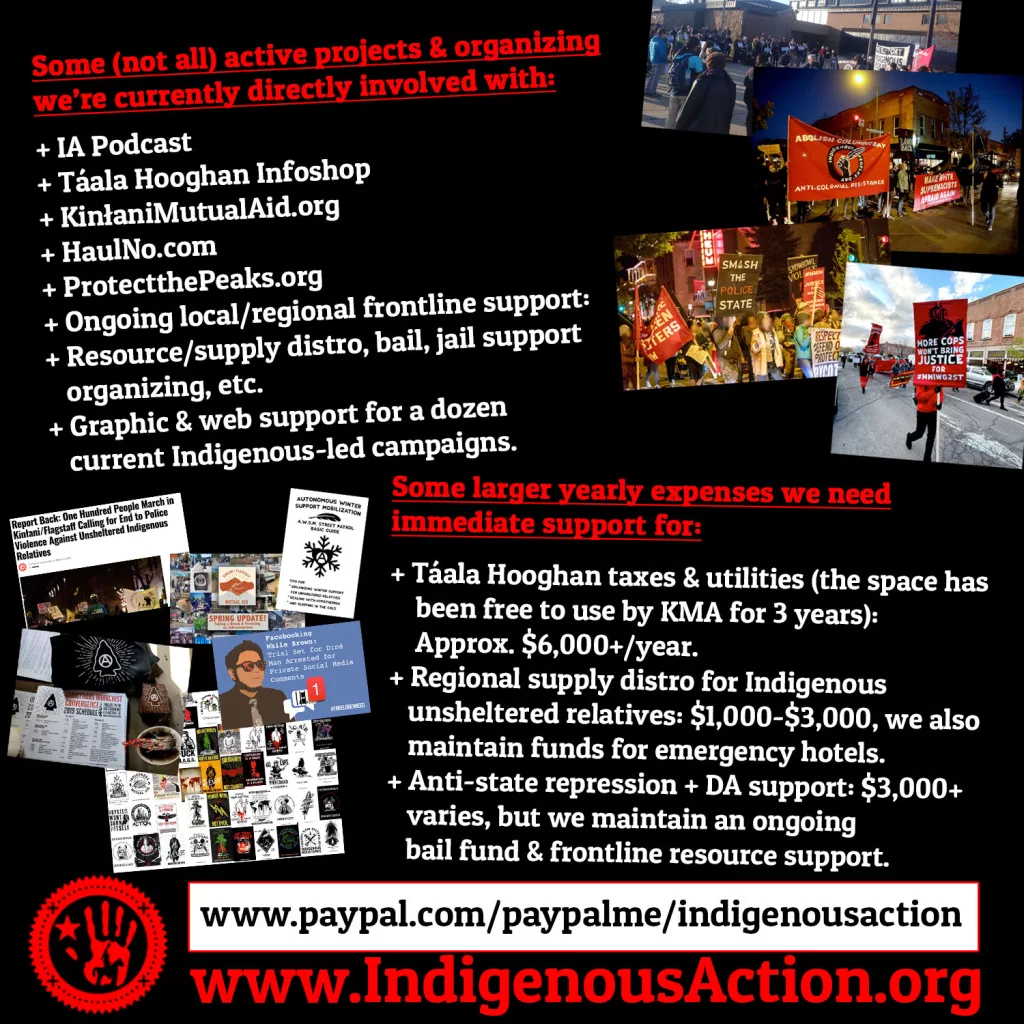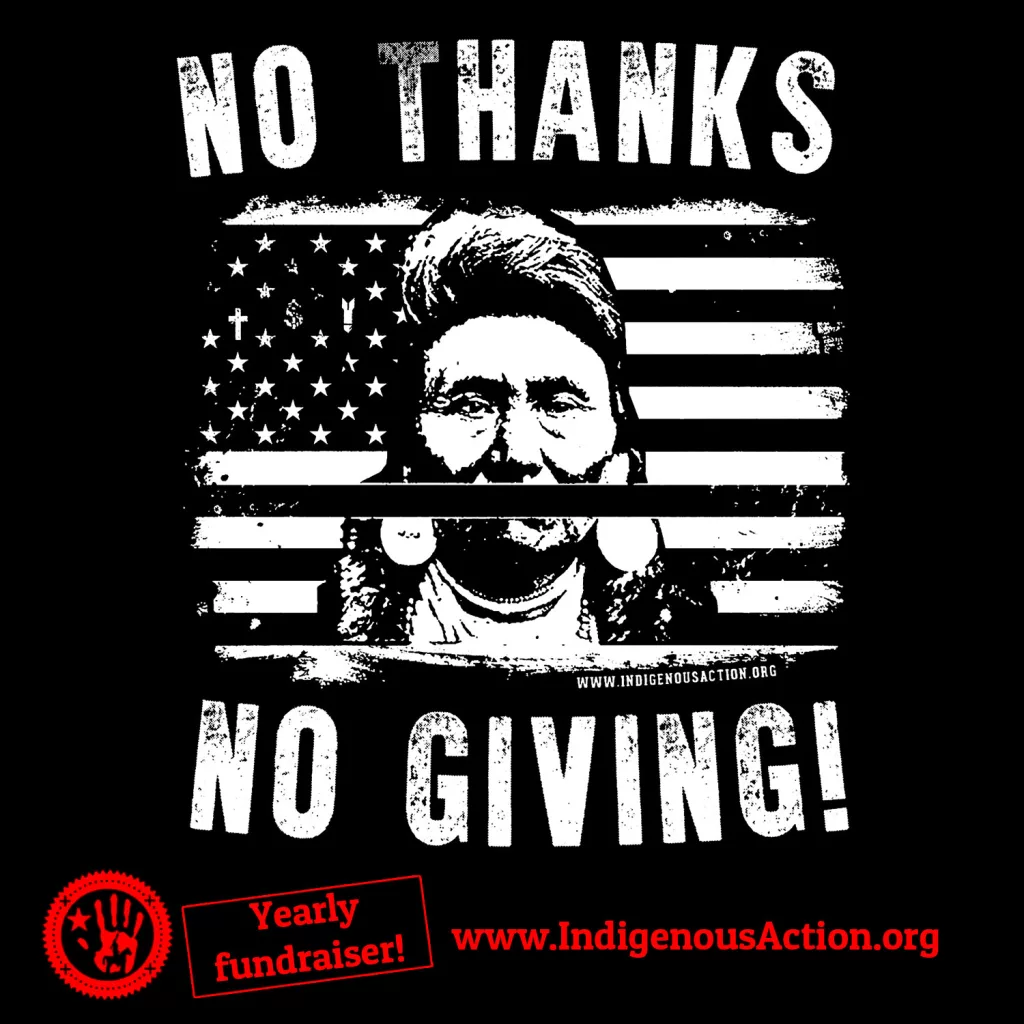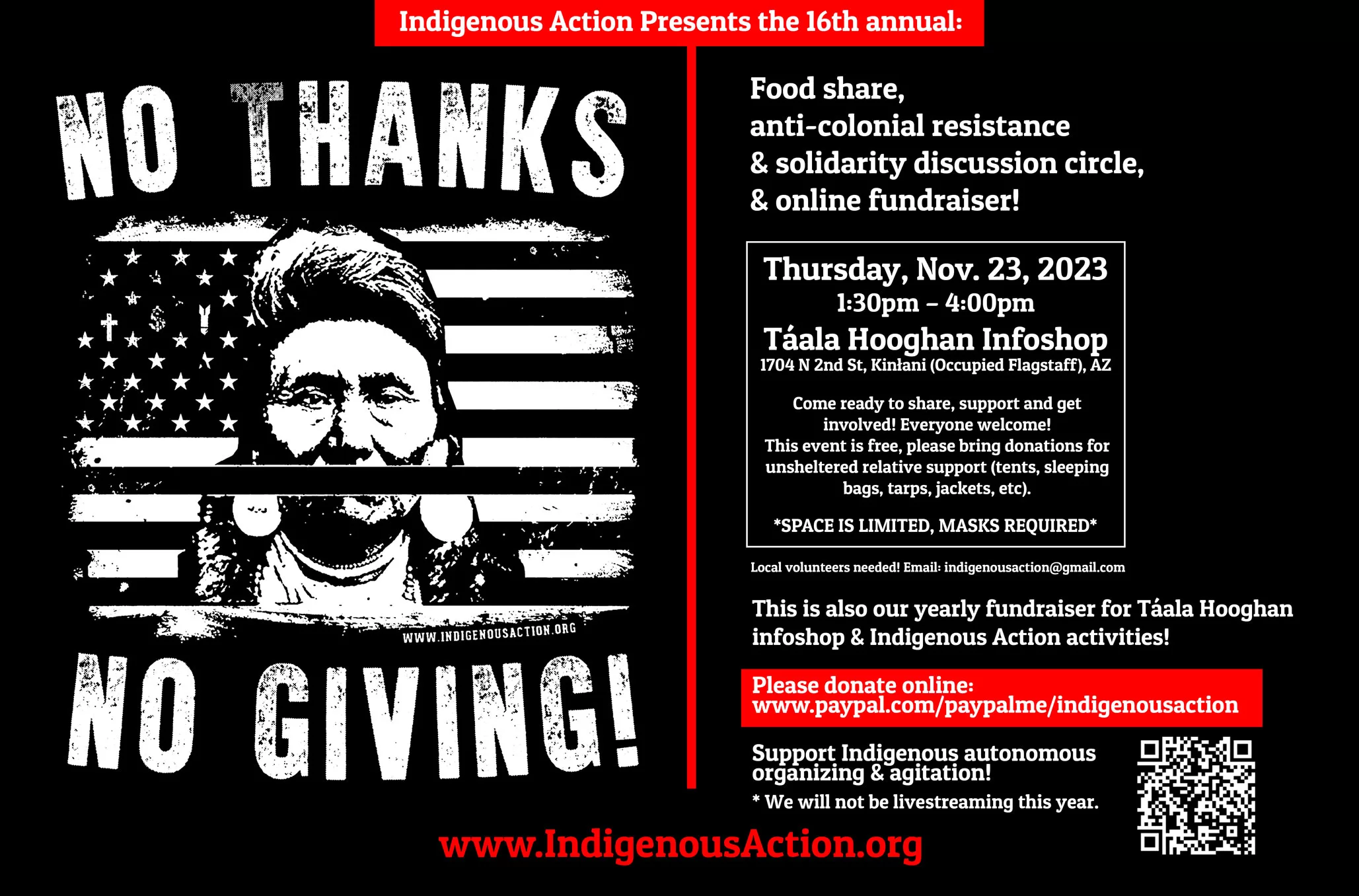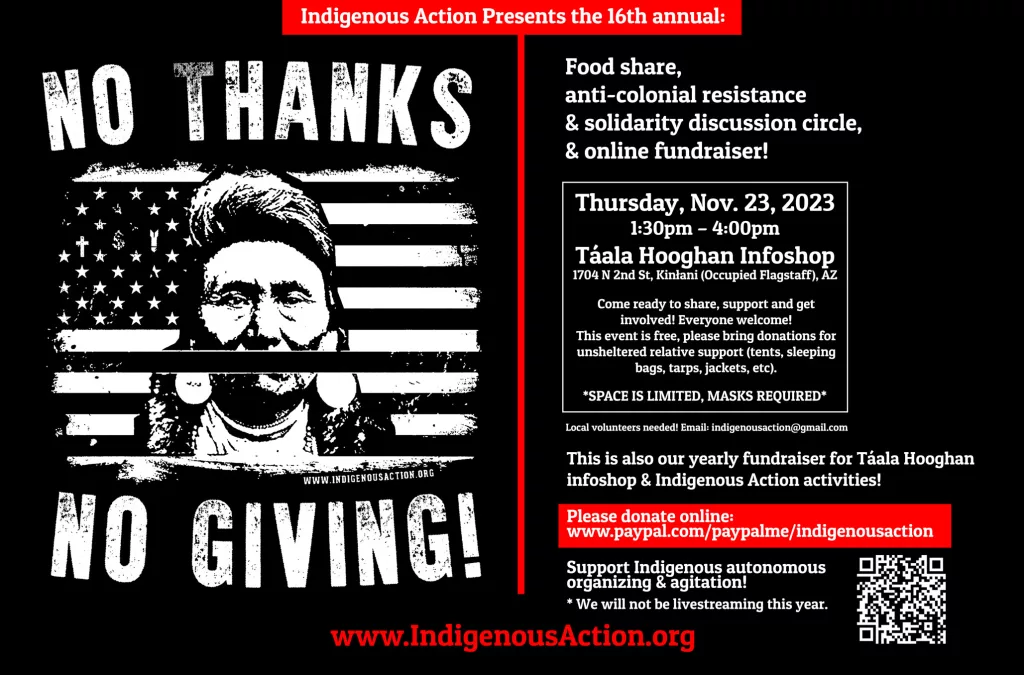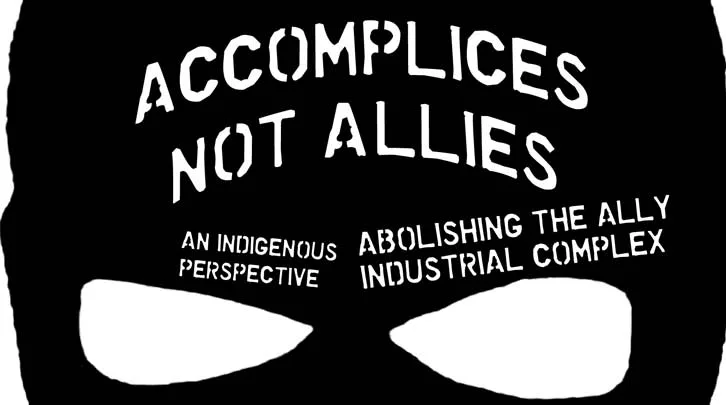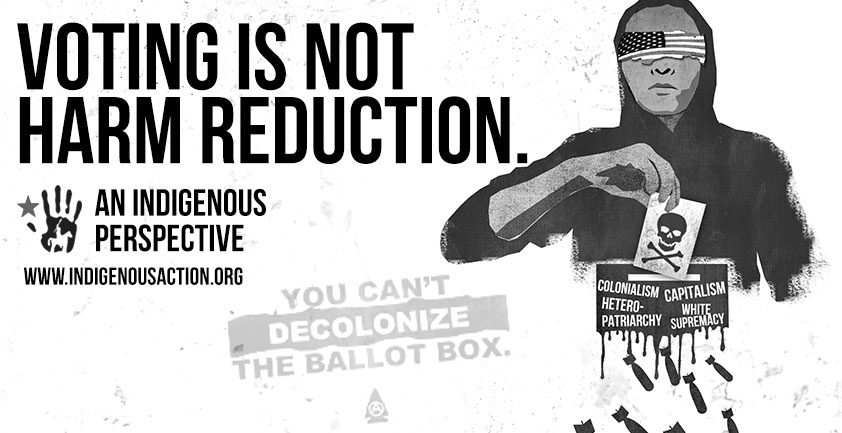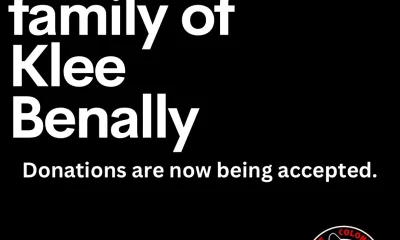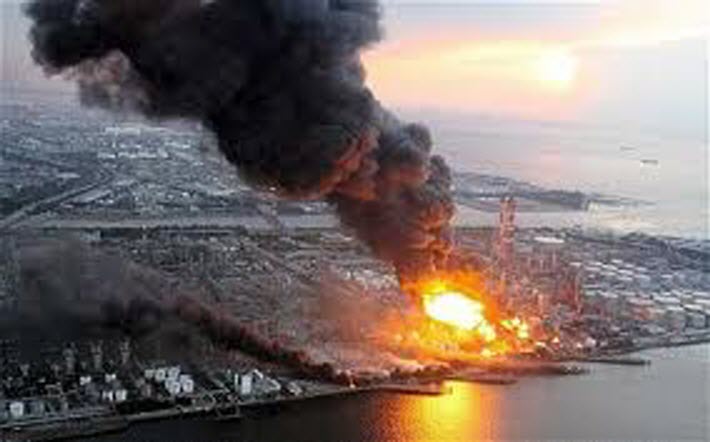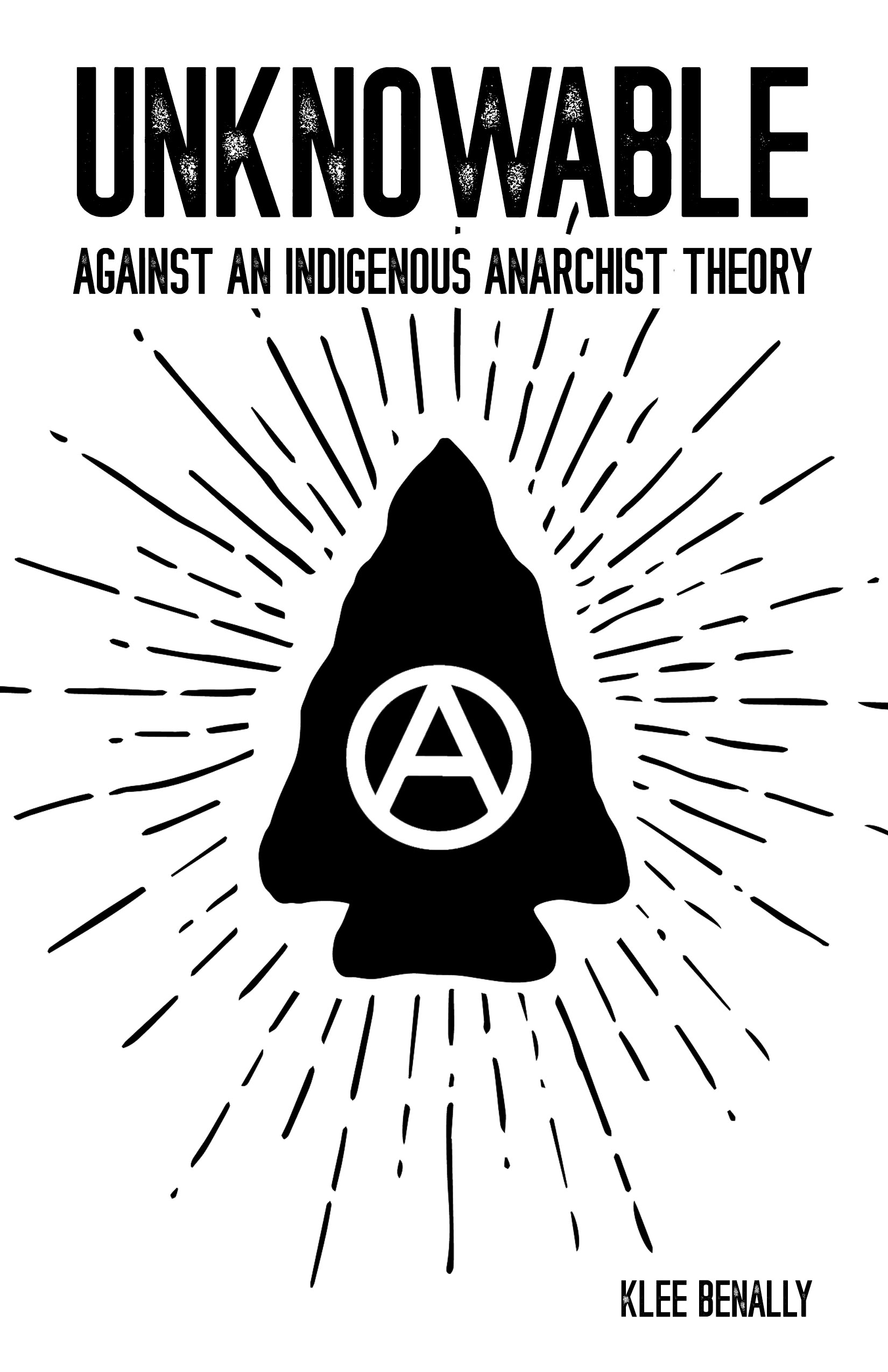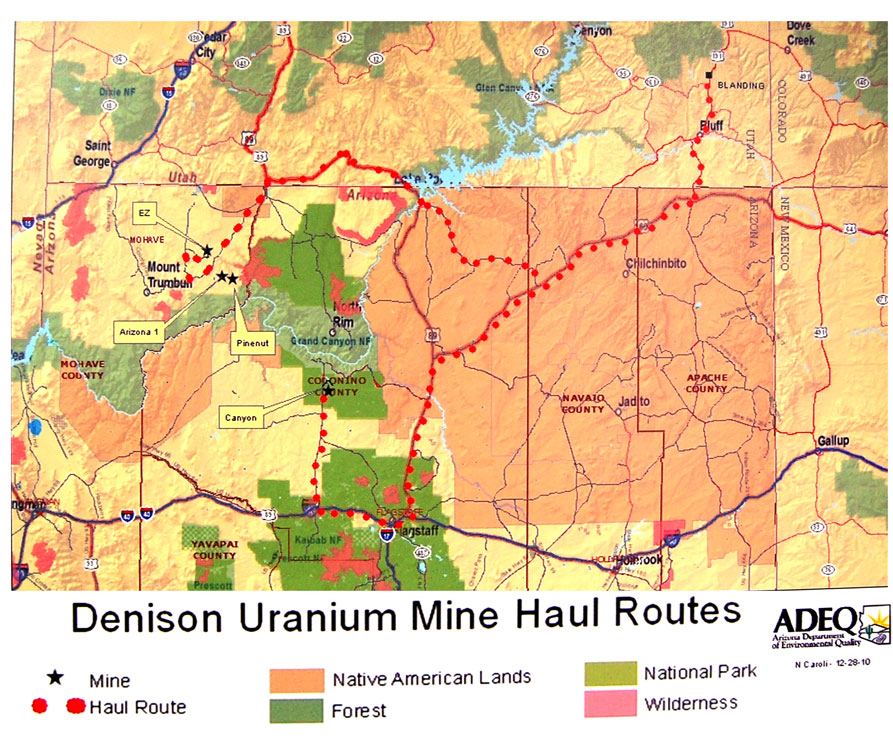June 6th, 2009
Supreme Court Affirms Tribes Have No Religious Rights,
Tribes and others Call For Congressional Action to Protect Sacred Places
Flagstaff, AZ — On Monday, June 8th 2009, the Supreme Court denied the petition by Tribes & Environmental groups to hear the case to protect the holy San Francisco Peaks.
For nearly a decade, the Save the Peaks Coalition, Tribes, Environmental groups, and community members lead an effort to stop the Snowbowl ski area’s plan to expand it’s development on the Peaks, and make snow from treated sewage effluent. The ski resort operates on the Holy Mountain through a lease by the United States Forest Service, which sanctioned the proposed development in 2004.
This is the second time that a petition for the protection of the San Francisco Peaks has been denied by the Supreme Court.
According to Howard Shanker, attorney for the Navajo Nation, the Havasupai Tribe, the Yavapai-Apache Nation, the White Mountain Apache Tribe, Flagstaff Activist Network, the Center for Biological Diversity and others, and former congressional candidate: “It is unfortunate that the Supreme Court denied our petition for certiorari. The Court’s denial serves to perpetuate injustice and the application of bad law regarding the rights of Native Americans to protect sacred and holy sites. It is, however safe to say that as long as the San Francisco Peaks remain, there will be people willing to continue the struggle to protect the Peaks and to honor the beliefs and cultures of those peoples who hold them sacred.”
“The Supreme Court’s denial of certiorari in the Navajo Nation case is unfortunate to say the least.” Stated Jack Trope of the Association on American Indian Affairs who is working together with DNA Legal Services, representing the Hualapai Tribe, Navajo medicine practitioner Norris Nez and Hopi spiritual practitioner Bill Preston. “It means that the San Francisco Peaks, sacred to so many tribes, will continue to be at great risk from the development approved by the Forest Service that allows treated sewage water to be used for snowmaking. It also means that the Ninth Circuit’s narrow interpretation of the Religious Freedom Restoration Act (RFRA) – an interpretation which in practice will make that law virtually unavailable to protect sacred lands in the states covered by the Ninth Circuit – will stand.”
According to the previous ruling of the en banc panel of the 9th Circuit, “the only effect of the proposed upgrades is on the Plaintiffs’ subjective, emotional religious experience. That is, the presence of recycled wastewater on the Peaks is offensive to the Plaintiffs’ religious sensibilities…the diminishment of spiritual fulfillment – serious though it may be – is not a ‘substantial burden’ on the free exercise of religion.” The Court dismissed Plaintiffs’ religious beliefs as calling them mere “damaged spiritual feelings.” Regrettably, the Supreme Court’s refusal to hear the case leaves the en banc panel’s decision in place as the law in the Ninth Circuit.
“The Navajo Nation cannot express enough disappointment and disapproval.” Said Navajo Nation Council Speaker Lawrence T. Morgan. “Navajo people understand Dook’o’ooslid, the San Francisco Peaks, to be a significant relative that we attribute value, concern and meaning to as anyone else would to a mother, father or grandparent. It is very unfortunate that our non-native relatives do not realize the seriousness of their decisions.”
Don Watahomigie, Chairman of the Havasupai Tribe stated, “Where do native people stand now in relation to our govt to govt relationship with the federal govt when laws passed like RFRA, airfa and NAGPRA don’t hold water? If this goes on this will be a precedent for other developments to start on other spiritual sacred lands anywhere in the country. I call on other tribal leaders to work together to find a way to create laws to hold water and protect the sacred.”
“The Supreme Court, the Forest Service, and the Flagstaff City Council have all failed us.” Stated Jeneda Benally of the Save the Peaks Coalition. “In this day and age, we are still denied our basic civil and human rights by the U.S. government. We have no guarantee for the protection of our religious freedom. This case was important to insure religious freedom in the United States of America. Our own courts have failed the American people once again.”
“This is nothing new. The Supreme Court is deflecting its responsibilities toward indigenous people all over the country.” Stated Carly Long, President of the Board of Directors of the Flagstaff Activist Network, a plaintiff in the case. “Indigenous people and their allies need to stand up in the wake of this injustice and demand more from the US government. It is high time Congress stepped in with legislation to protect Native rights and sacred sites.”
“This is a setback, but it is not the end. The Obama Administration still has the authority to stop this development and develop policies to ensure that future decisions are more respectful of sacred sites.” stated Jack F. Trope, Executive Director, Association on American Indian Affairs. “Moreover, other circuits like the Tenth Circuit have interpreted RFRA more broadly and efforts to use that law to protect other sacred places will continue. Finally, the struggle over the San Francisco Peaks and the failure of RFRA to protect this sacred place ought to send the message to Congress that it is time for the lawmakers to approve legislation that would strengthen applicable law so that it will better protect Native American sacred places across the country.”
“As one of the plaintiffs in this case, I talk with Hopi elders, they have been telling me that they are tired of white men making decisions without coming to Hopi to tell us.” Stated Bucky Preston, a Hopi spiritual runner and plaintiff in the case. “A government is run by human beings and we are not above one another as humans. We are all equal. If we want good lives, consultation should be humans coming together by consensus. This is the Hopi way and this has never happened. We need to respect life and this can’t be done with this kind of consultation. True consultation has yet to be seen at Hopi. I remember that Obama told the Crow people that he would be thinking of Indian People every day. I point to him now and call upon him to come to Hopi in true consultation to resolve this matter with the true Hopi elders from our villages.” Stated Bucky Preston.
“This case goes far beyond the interests of a single for-profit private business. Our traditional cultural teachings compel us to continue to fight Snowbowl’s attempts at expansion and snowmaking with treated sewage on this Holy Mountain.” Stated Klee Benally of the Save the Peaks Coalition. “We will continue our work to protect the sensitive mountain ecosystem and public health. Our way of life is in peril. We will continue to pray and struggle to safeguard mother earth for our cultural survival.
Navajo Nation Speaker Lawrence T. Morgan stated, “If we stop here, we are short changing ourselves, we have to stand our ground and continue the fight for the protection of our sacred sites,” he added. “We cannot allow the flood gates to open even further. It is extremely important to seek all means of legal remedies, these decisions will impact future generations, it is imperative that we seek a decision in our favor.”
For more information and background please visit: www.savethepeaks.org
###

 Commentary & Essays12 years ago
Commentary & Essays12 years ago
 anti-colonial6 years ago
anti-colonial6 years ago
 anti-colonial6 years ago
anti-colonial6 years ago
 Feature Front2 years ago
Feature Front2 years ago
 #nonukes12 years ago
#nonukes12 years ago
 anti-colonial4 years ago
anti-colonial4 years ago
 #nonukes16 years ago
#nonukes16 years ago
 #policestate5 years ago
#policestate5 years ago

